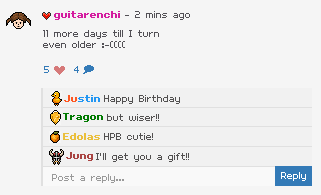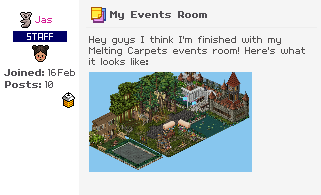Stigmas around Mental Health are what make it hard for a lot of people to deal with. Embracing your Mental Health, and using it as a power tool, will allow you to continue loving yourself, not be ashamed, and know that it is normal. Finding the median between the want to please others and the need to live a sustainable life can be difficult. Do not let the fear of not doing enough consume you.
Finding help is also just as hard. Not knowing who else might be affected, not understanding the reason why this is happening, not finding people in similar circumstances, and not receiving the same level of respect as others can be scary. Do not let the fear of not being able to seek help consume you.
After being diagnosed with Generalized Anxiety in Middle School and not being able to function, I needed to seek help. After spending time with five different specialists, I was recommended to volunteer. This is where the YMCA came into play. The YMCA was there while I was growing up when I would participate in after school programming, received help with homework, and would always be cared about. I now work for the YMCA full time. My anxiety has gotten to a much more manageable state.
With the opportunities at the YMCA, I had more time to research more on Mental Health. I first took a Mental Health First Aid class which has helped me understand the essentials of being the first line of communication between someone seeking help and a professional. I then went on to become a Mental Health First Aid Instructor. I have been able to be more open about my Mental Health concerns which has allowed me to gain more and more knowledge about it.
I do not consider myself a professional in any means, and would always recommend professional help, but here are a few strategies/suggestions that we can all use:
1. Wellness Plan. Wellness is defined as the quality or state of being health in body and mind, especially as the result of deliberate effort. Physical activity can be increased. Start talking about your Mental Health without hiding it. Reach out for guidance.
2. Self-Definition. There is always more to a person than just their Mental Health. Do not let your Mental Health define you. Ask yourself self defining questions that will help you show others and yourself who you are. Do I have a good job? Do I have great friends? Am I family oriented?
3. Education. Educate yourself and others on Mental Health. Learning about and teaching others about your own Mental Health will allow better sharing opportunities. Sharing leads to understanding. Understanding leads to no more stigmas.
4. Coping Mechanism. Everyone handles their Mental Health differently and at times we need to feel secure. Does music soothe you? Does reading relax you? Does going outside feel good? Take care of yourself with methods that make you feel better.
5. Love Yourself. Do not be ashamed. Love who you are. Watch how you think of yourself.
You are beautiful.
More articles



